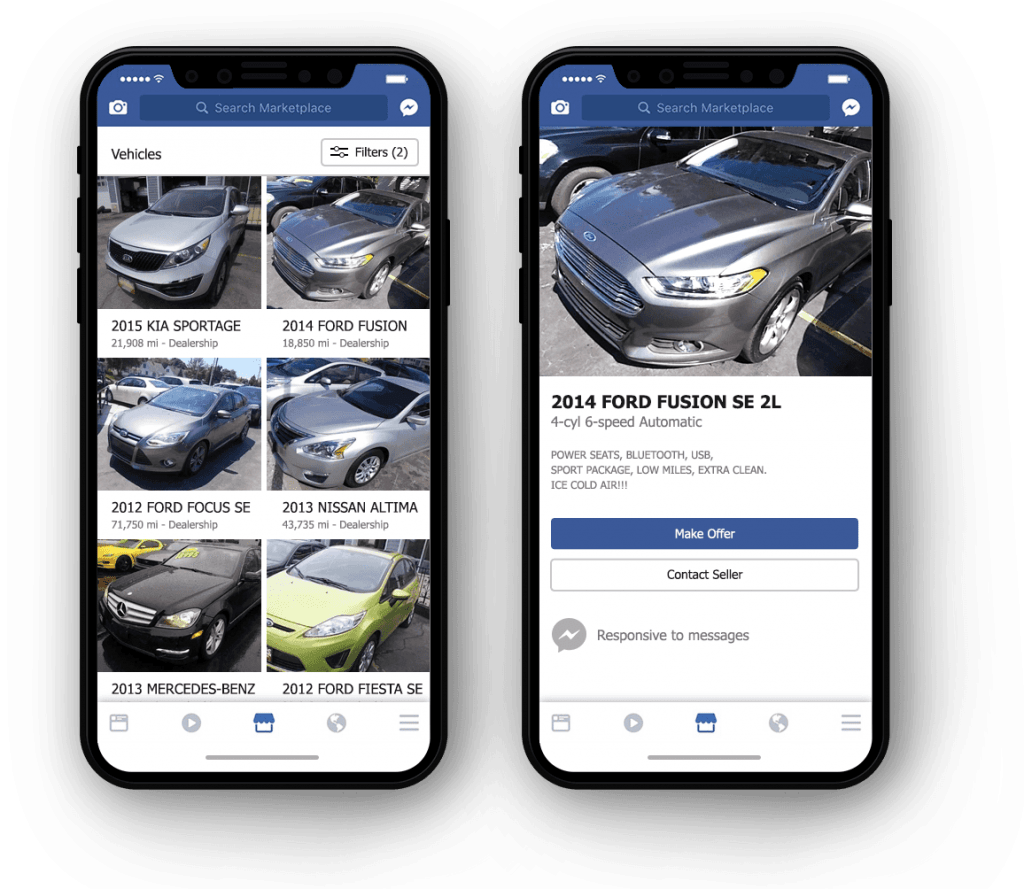In the year 2023 the environment of vehicle purchasing has changed significantly, making pre-owned vehicles one of the most intelligent purchases you can make. With increasing costs for new vehicles and supply chain disruptions still affecting the market, many smart consumers are turning towards the second-hand car market to discover reliable cars that are affordable. Not only do pre-owned vehicles offer instant savings, but they also have a established history of retaining value better than new models, making them a solid investment for consumers.
On the other hand, purchasing a used car can be intimidating, particularly for those who are unfamiliar with the process. Understanding how to navigate the challenges of the second-hand car market is important to avoid being overcharged. From understanding the difference between CPO and used vehicles to scheduling your buying for the best offer, this guide will provide you with important insights and advice. Whether you’re searching for the top family SUVs, considering economical options, or seeking out that unseen treasure, you'll discover everything you need to make an informed decision in this guide.
Tips for Buying a Used Car
When it comes to buying a used car, research is your best friend. First, identify the make and model that fits your needs. Look into reliability ratings, reviews, and owner experiences. Websites that provide in-depth evaluations and testimonials can help you refine your choices. Additionally, consider using online tools to check the vehicle history report for any red flags like crashes or ownership disputes.
After you’ve created a shortlist of potential vehicles, it's important to conduct an in-person inspection and take the car for a test drive. Pay attention to the way the car handles, the sounds it makes, and whether all the features work properly. Bring along a trusted mechanic for a thorough checkup. This can save you from future headaches and expenses related to underlying defects.
In conclusion, don't rush into a purchase. Take your time when discussing the price and look into financing options carefully. Understanding used https://rhythmgamingworld.com/members/sailarcher8/activity/2531892/ pricing and depreciation will help you make an informed decision. If you're selling a vehicle, research its value as well to get the best possible deal. Always be prepared to walk away if the deal doesn’t suit your needs.
Understanding Used Car Worth
The price of a second-hand car is determined by several variables, including its brand, model, age, odometer reading, state, and market interest. Grasping how these factors connect can help you make wise choices when buying a vehicle. For instance, a well-maintained car from a dependable brand may hold its worth better than alternative options, while models that are recognized for their longevity often command higher re-selling prices.
Value loss plays a crucial role in second-hand car valuation. Typically, brand-new vehicles diminish worth quickly, with the most substantial depreciation occurring within the earliest seasons. As such, acquiring a used vehicle can be a smarter investment since the initial depreciation has in the past taken place. Potential buyers should research the depreciation rates of particular vehicles to locate models that offer better lasting worth.
Ultimately, it's crucial to reflect on how outside elements such as financial situations and fuel costs can affect used car worth. For instance, during periods of financial uncertainty, buyers may prefer affordable used cars, driving up interest and costs. Monitoring these trends can give understanding into when to buy and how to gauge a good value on a second-hand car.
Maintenance and Ownership Advice
Having a used car brings with its own set of responsibilities, notably when it comes to service. Routine servicing is crucial to ensure your vehicle running smoothly and to increase its age. It's advisable to establish a service schedule that includes lubrication tasks, wheel rotations, brake inspections, and fluid assessments. Being aware of the vehicle's repair history can aid you evaluate what has been completed and what may be necessary in the upcoming future, allowing for anticipatory maintenance and steering clear of costly repairs down the road.
A further important factor of possession is grasping the expenses connected to servicing a used vehicle. Allocate funds not only for routine maintenance but also for unexpected repairs. Familiarize yourself with typical problems related to the make and model of your pre-owned automobile, as this can guide your decision-making regarding mechanics. Moreover, consider purchasing an additional warranty, which can provide comfort and monetary safeguard against potential breakdowns.

Ultimately, how you care for your second-hand automobile can significantly influence its lifespan and resale value. Simple practices, such as maintaining a tidy interior, washing the exterior regularly, and guarding it from extreme weather, can make a significant difference. Additionally, steer clear of aggressive driving habits that can lead to early damage. By putting thought and maintenance into your second-hand automobile, you can enjoy many a long time of dependable performance while keeping its price for when you're prepared to sell or trade it in.
